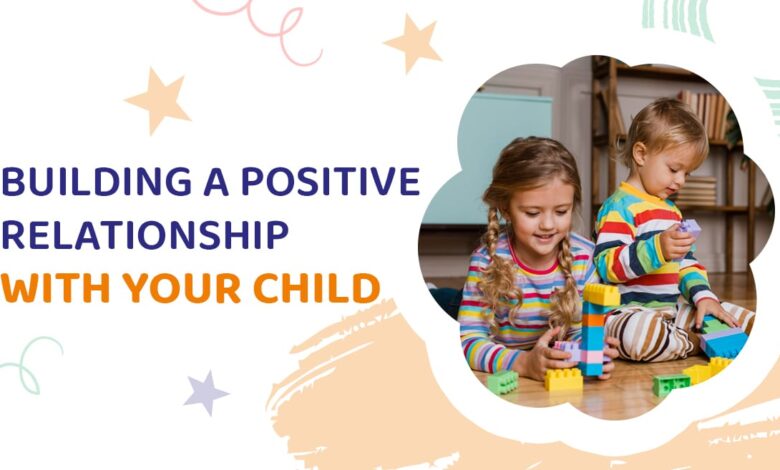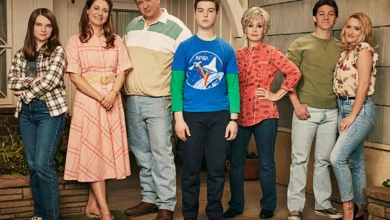Advice For Developing Relationships With Your Children

The best relationships are those built on genuineness and authenticity. Children thrive on this type of interaction. You can make these interactions more authentic by changing your approach to questions like, “How was your day?” Ask more in-depth questions and get involved in their activities to show that you are genuinely interested in what they have to say.
Play Bowling
Bowling is much more than just a mind game centered on bringing down pins, despite the appearance that it is. Since there is an activity to concentrate on during the breaks, even the most reserved children may feel more comfortable speaking up in front of the group. Your toddler can acquire vital hand-eye coordination and depth awareness by bowling frequently. Through scorekeeping, Clarita bowling can assist students in developing their mathematical abilities. Even with automatic counting, kids still count pins and analyze angles to choose the optimal move.
Spend One-on-One Time With Your Kids
Getting one-on-one time with your children is a great way to connect and show them that they are important to you. It doesn’t have to be an elaborate activity; it can be as simple as spending a few minutes at the end of the day reading a book with your younger child or having dinner at the table with your teenager while they talk about their interests. It can also mean playing a board game or watching classic shows you both enjoyed as kids. Regular special time can help your child feel loved and valued as a unique individual, which can help them handle difficult times as they grow up. Plus, it’s a lot of fun too! Kids can’t help but respond to attention from a parent who truly enjoys being with them.
Play Games.
Play is how children learn about the world and themselves. It’s a part of their healthy development as much as eating vegetables and getting good sleep. Playing games teaches kids to work together, take turns and respect one another’s opinions, even when losing or winning. It also teaches them to take responsibility for their actions and respond appropriately rather than stomping off and slamming their bedroom door. Games don’t have to be elaborate or expensive. For example, the simple game of molecules is fun for small groups and requires little physical activity. Kids are asked to look down, and when the moderator calls “Look up!” they must quickly find someone else in the circle who looks at them simultaneously. They are out of the game if they fail to connect with someone.
Talk
Children do best when they are clear about expectations and rules. Be consistent in your approach to discipline, and use a positive tone of voice. Show that you are interested in what they are doing by commenting on or describing it: “I love the colors you are using on that drawing,” for example, or, when playing together, “You are making this tall building with your blocks.” Listen to what they are telling you, even if they are acting out their frustrations and fears (for instance, when a child dresses up in mommy clothes and acts out leaving her favorite stuffed animal at daycare). Reward good behavior as well as misbehavior. A quick compliment or acknowledgment of something specific about it can make a big difference in self-esteem and mood.
Watch a Movie
While some parents avoid watching television or movies with their children, others find it an important bonding activity. It’s a way to spend quality time together without the distraction of phones and electronic devices, and it can even be used as an educational tool. Movies can take us to unbelievable places and teach us about life and the world around us. They can also provide an opportunity to discuss the morals and messages of a film. From Netflix Originals to timeless family classics, these feel-good films will bring your family together and leave you with a smile. These films may have a PG or PG-13 rating due to language, violence, and sex/nudity, but they will still be fun for the entire family.
Go for a Walk
Spending time in nature is good for kids and good for parents, too. It helps promote the development of senses, language, science, math, social skills and creativity. Make walks fun by taking your children on a scavenger hunt or encouraging them to collect items from the natural environment, which can then be used for art projects. For example, they may enjoy collecting rocks for a rock garden or creating a fairy house from leaves and sticks. If your children are tweens or teens, walking together can also be an opportunity to chat about issues they would be less comfortable discussing around the dinner table. It’s a great way to help them get the exercise they need! Walking is one of the best remedies for boredom, restlessness, sadness or fussiness.



